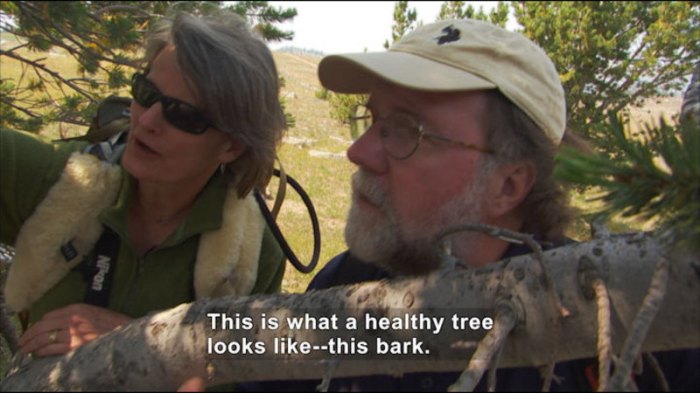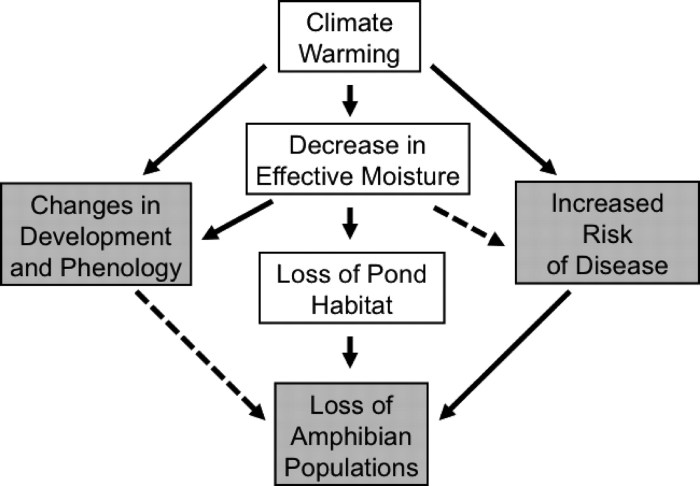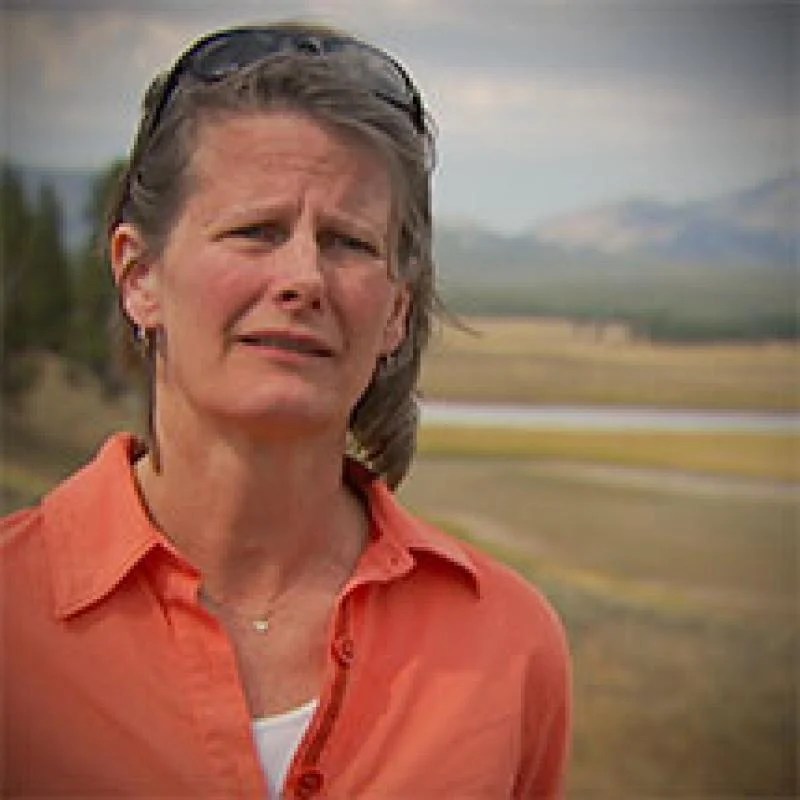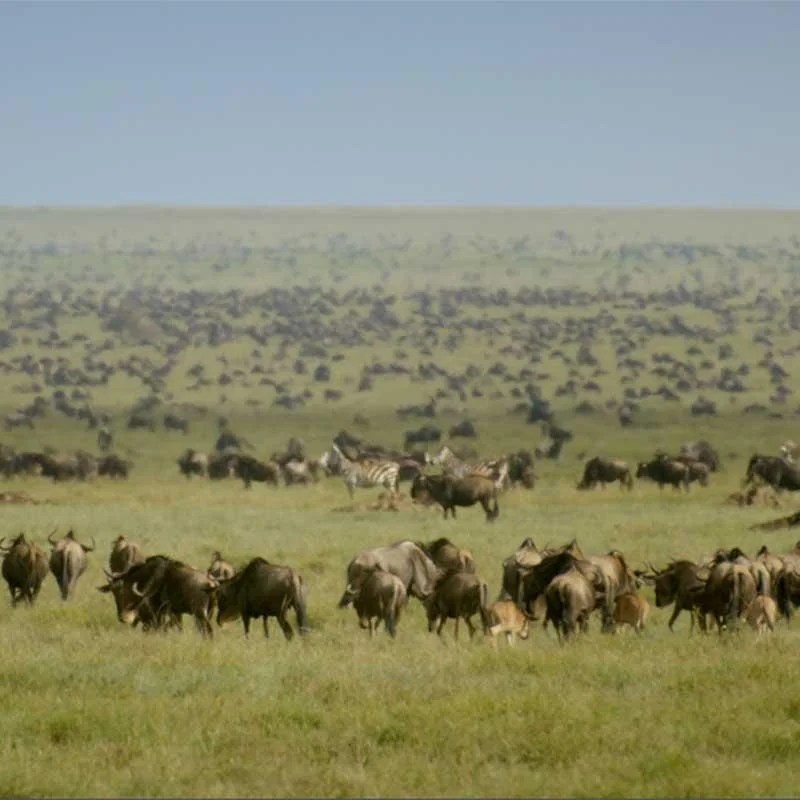As Liz Hadly tracks the impact of climate change, her groundbreaking research unveils the profound effects on ecosystems, biodiversity, and human populations. With meticulous methodologies and long-term data collection, she sheds light on the urgent need for climate action.
Hadly’s work reveals the ripple effects of climate change on diverse ecosystems, from altering species distribution to disrupting the delicate balance of nature. Her insights inform conservation efforts and underscore the importance of preserving biodiversity.
1. Introduction to Liz Hadly’s Research
Liz Hadly, an esteemed ecologist, has made significant contributions to the field of climate change research. Her groundbreaking work has illuminated the far-reaching effects of climate change on ecosystems, species distribution, and human populations.
Hadly’s research employs innovative methodologies and long-term data collection to track the impact of climate change. She combines field observations, modeling, and statistical analysis to provide a comprehensive understanding of the multifaceted consequences of climate change.
2. Effects on Ecosystems and Biodiversity

Hadly’s research has revealed the profound impact of climate change on various ecosystems. In temperate forests, rising temperatures and altered precipitation patterns have led to shifts in vegetation composition, favoring drought-tolerant species and reducing biodiversity.
In alpine ecosystems, melting glaciers and permafrost have disrupted habitats, threatening the survival of cold-adapted species. Similarly, in coastal ecosystems, sea-level rise and ocean acidification have degraded coral reefs and altered the distribution of marine life.
3. Climate Change Impacts on Species Distribution

Hadly’s work has provided insights into how climate change is altering the distribution and migration patterns of species. As temperatures increase, species are shifting their ranges northward and to higher elevations in search of suitable habitats.
These shifts can disrupt ecosystems and lead to the loss of biodiversity. For example, in the Arctic, the northward movement of polar bears is bringing them into conflict with grizzly bears, leading to increased competition and potential population declines.
4. Implications for Human Populations: Liz Hadly Tracks The Impact Of Climate Change

Hadly’s research has also highlighted the potential effects of climate change on human populations. Rising sea levels threaten coastal communities, while extreme weather events such as hurricanes and heat waves can cause widespread damage and loss of life.
Climate change also affects agriculture, water availability, and human health. Altered precipitation patterns can lead to droughts and floods, impacting crop yields and food security. Rising temperatures increase the risk of heat-related illnesses and the spread of vector-borne diseases.
5. Role of Long-Term Data Collection
Hadly’s long-term data collection efforts have been instrumental in understanding the long-term effects of climate change. Her research spans decades, allowing her to track changes in ecosystems and species distribution over time.
This data has contributed to our knowledge of climate change trends and projections. It has helped identify vulnerable species and ecosystems and informed conservation and adaptation strategies.
6. Policy Implications and Future Research

Hadly’s research findings have significant policy implications. Her work has informed climate change mitigation and adaptation strategies, including the development of carbon reduction targets and the protection of vulnerable ecosystems.
Future research should focus on understanding the long-term consequences of climate change and developing innovative solutions to mitigate its impacts. This includes research on climate change adaptation strategies, the development of resilient ecosystems, and the exploration of renewable energy sources.
Essential FAQs
What are the key findings of Liz Hadly’s research?
Hadly’s research has demonstrated the significant impact of climate change on ecosystems, biodiversity, species distribution, and human populations.
How does Hadly’s work contribute to climate change mitigation and adaptation?
Her findings provide crucial insights for policymakers and conservationists, informing strategies to mitigate the effects of climate change and adapt to its impacts.